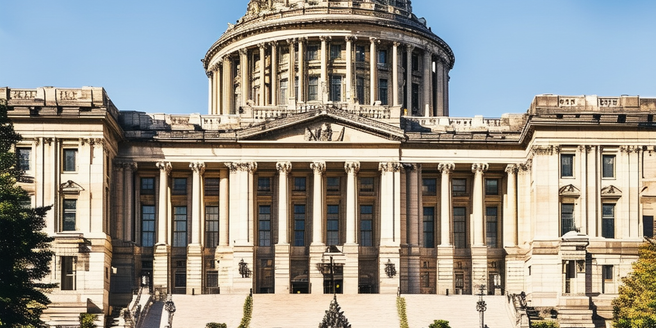
Overview of High-Profile Defamation Cases
High-profile defamation cases often attract significant media attention due to the public figures involved and the reputational stakes. These cases provide insight into how the legal system addresses false statements and the balance between free speech and protecting reputations. Notable cases, such as those involving celebrities or politicians, highlight the complexities of proving defamation. For instance, the legal battles faced by public figures often shed light on the hurdles in establishing a claim. Such cases can captivate the public and influence public opinion. They also underscore the potential financial and social consequences for both plaintiffs and defendants. Examining these cases enables a better understanding of the nuanced legal arguments and the evolving standards of proof required to establish defamation.
Key Legal Principles in Defamation Lawsuits
Defamation lawsuits hinge on key legal principles that determine the outcome of each case. Central to this is the requirement for the plaintiff to prove that a false statement was made, that it was published, and that it caused damage to their reputation. The context in which the statement was made can also significantly impact the case. In addition, public figures face a higher burden of proof, needing to demonstrate actual malice or reckless disregard for the truth. These cases often involve comprehensive investigations to gather evidence. Understanding these principles is crucial for navigating defamation claims, as they inform the strategies employed by legal teams and the defenses available to those accused of defamation.
Recent Case Outcomes and Their Implications
Recent case outcomes in defamation lawsuits provide valuable insights into how courts interpret and apply defamation laws. These outcomes can set important precedents, influencing future cases and the strategies of legal practitioners. In some instances, the detailed rationale behind a court’s decision can offer guidance on what factors are most pivotal in such cases. Notable judgments, such as those awarding significant damages or dismissing claims based on lack of evidence, shape the landscape of defamation litigation. Moreover, they highlight the evolving nature of legal interpretations in this area. The implications of these rulings extend beyond the courtroom, affecting public discourse, media practices, and individual behavior. Analyzing recent decisions helps predict future legal trends and the evolving standards of proof and defense in such cases.
Challenges Faced in Proving Defamation
Proving defamation presents several challenges, primarily due to the need to balance free speech with protecting reputations. Plaintiffs must navigate complex legal thresholds, such as demonstrating the falsity of the statement and proving actual harm caused by the defamation. Public figures, in particular, face the additional hurdle of establishing actual malice. These evidentiary challenges require substantial legal resources and expertise. Legal precedents in defamation cases often illustrate the nuanced and intricate nature of these disputes. Staying abreast of recent legal developments is crucial for anyone involved in defamation litigation. The subjective nature of reputational damage and the evolving standards of what constitutes defamation further complicate the plaintiff’s burden, making such lawsuits inherently challenging and unpredictable.
Future Trends in Defamation Litigation
The future of defamation litigation is likely to be influenced by emerging trends, including the increasing role of social media and digital communications. As online platforms become primary sources of news and commentary, they also become hotspots for defamation claims. With the rise of new technologies, the boundaries of what constitutes defamatory content may blur even further. The legal system may adapt to address issues such as anonymity, jurisdiction, and the viral nature of online statements. Additionally, there may be shifts in the balance between protecting free speech and individual reputations, particularly as societal norms evolve. Monitoring these trends is essential for understanding the future landscape of defamation law and its implications.
